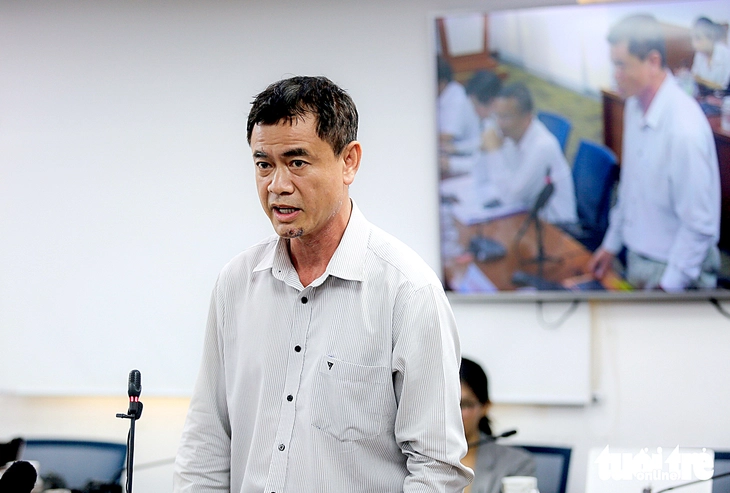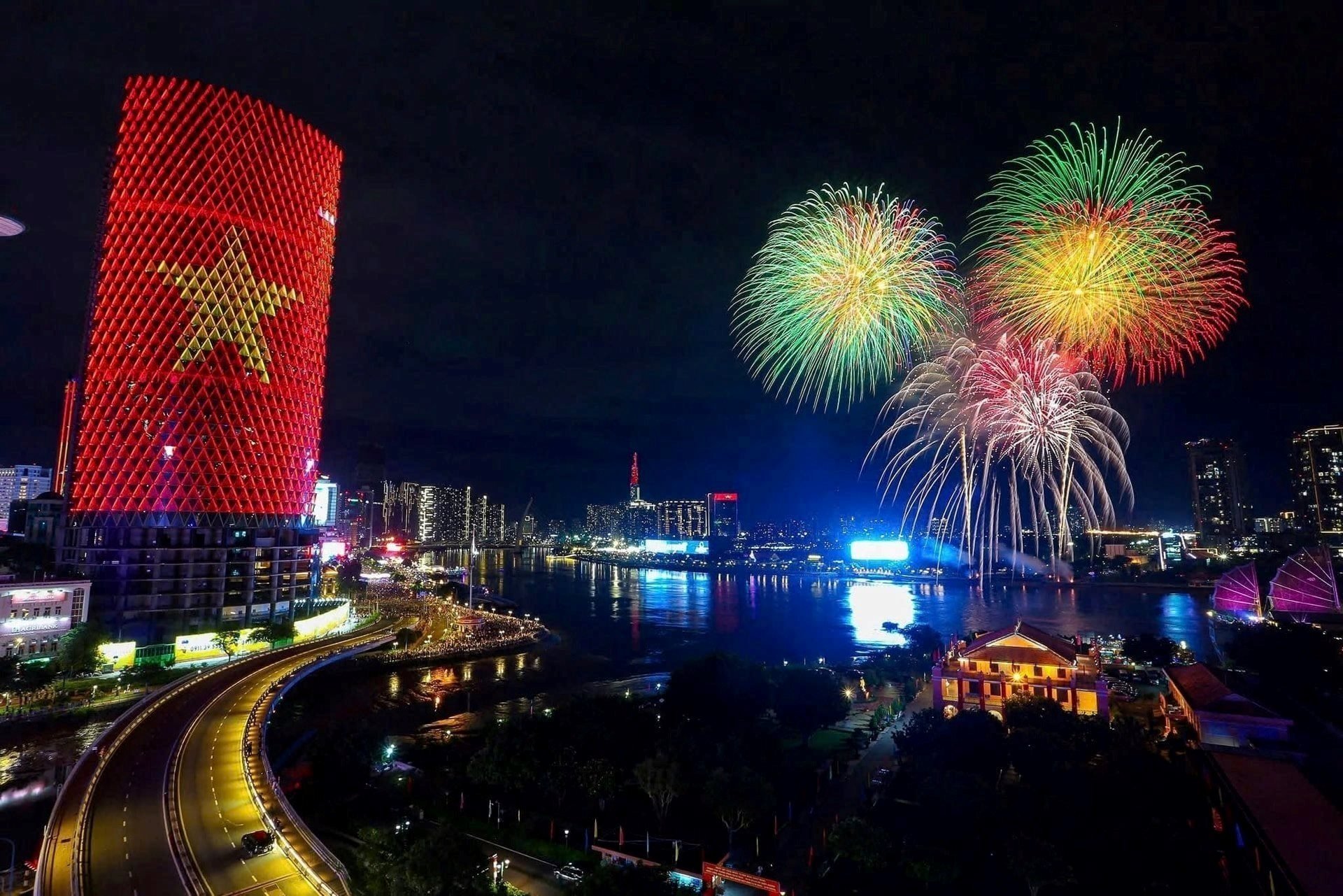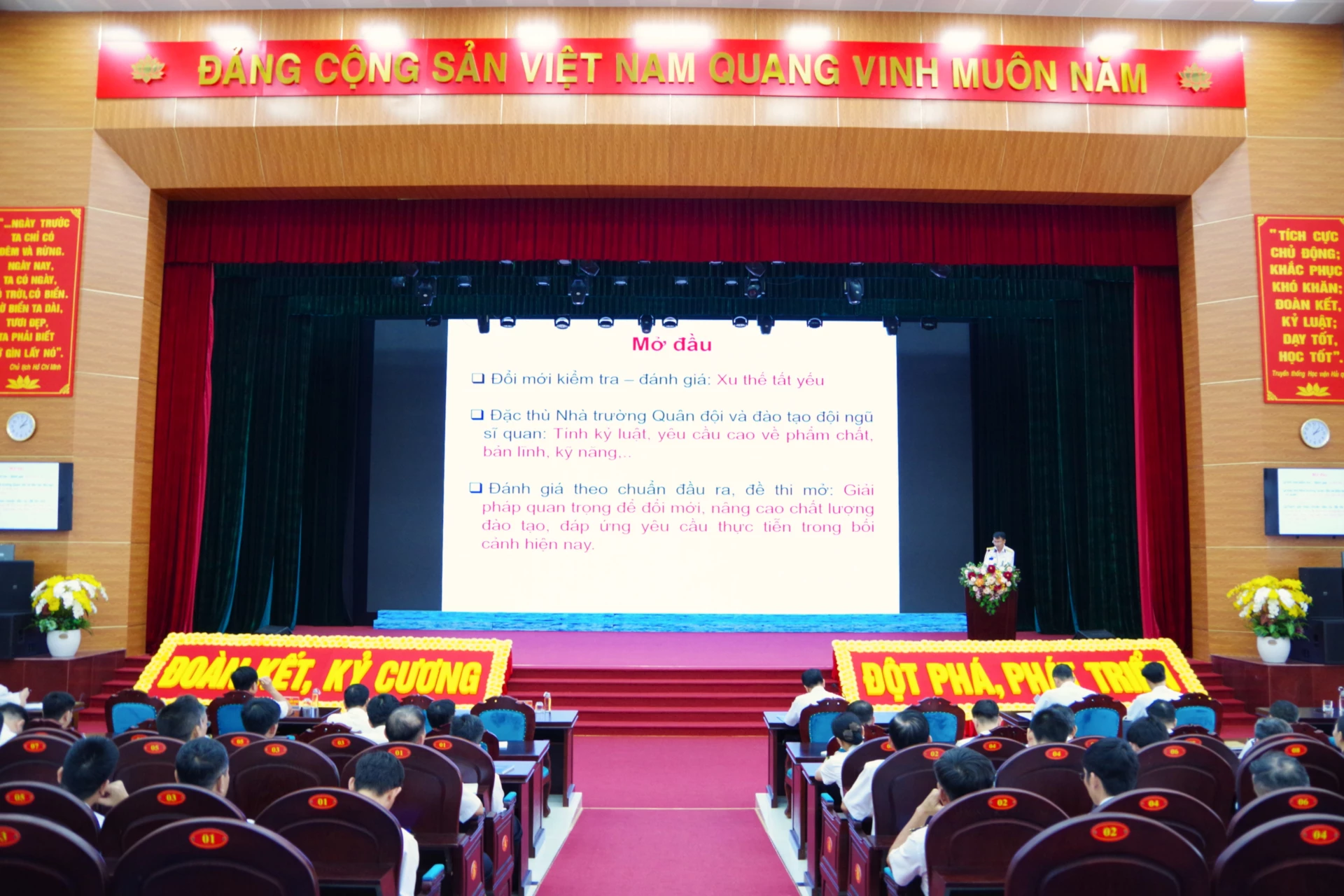
Mr. Le Thanh Hai - Director of the Center for Economic Application Consulting, Ho Chi Minh City Institute for Development Studies - talks about the conversion to electric vehicles - Photo: CHAU TUAN
This is one of the proposed ways in the project to convert gasoline motorbikes to electric vehicles, shared by Mr. Le Thanh Hai - Director of the Economic Application Consulting Center, Ho Chi Minh City Institute for Development Studies - at the press conference on the socio-economic situation of Ho Chi Minh City on the afternoon of July 24.
According to Mr. Hai, Vietnam currently has an electric vehicle battery factory located in Ha Tinh, with an investment scale of thousands of billions of VND. This factory has also signed a cooperation agreement with Li-Cycle, the world's leading enterprise in recycling electric vehicle batteries.
The cooperation includes the supply and recycling of batteries and research into investing in a recycling system in Vietnam, in the context of the increasing amount of end-of-life batteries. In case it is not possible to invest domestically, Li-Cycle will use existing technology in Southeast Asia or other countries to process batteries produced in Vietnam.
Mr. Hai added that electric vehicle batteries contain many precious metals such as nickel, cobalt, manganese, etc., so the recovery and recycling of these materials is extremely necessary. Battery recycling technology has now developed to a high level, with the ability to recover up to 90 - 95% of materials (precious metals) in electric vehicle batteries.
In addition, many businesses are also interested in and investing in solutions to extend battery life. Some creative directions are being focused on, such as using batteries after their performance has decreased in electric vehicles to create power storage systems for factories, solar energy or recycling them into solar panels.
Also in the project to convert 400,000 motorbikes to electric vehicles, the Ho Chi Minh City Institute for Development Studies proposed that Ho Chi Minh City encourage and set a target to build a battery recycling center with a capacity of about 3,000 tons/year, capable of recovering up to 95% of precious metals. If the technical standards are met, Ho Chi Minh City will consider support mechanisms such as preferential loans or using the environmental protection fund for funding.
According to the Law on Environmental Protection 2020, battery manufacturers must pay recycling fees. However, if they have a qualified recycling plant, the business can owe this fee and at the same time be responsible for collecting and treating used batteries.
For units that do not directly produce batteries, they still have to pay environmental fees so that the State can use this source to support qualified recycling facilities.
"It is expected that in the next 10 years, Ho Chi Minh City will form a modern battery recycling center, contributing to minimizing pollution risks and contributing to the development of a green environment.
In addition, to reduce risks in battery recycling, it is recommended that the Department of Science and Technology coordinate with the Department of Industry and Trade of Ho Chi Minh City to soon develop a detailed plan for the collection and treatment of old batteries. At the same time, technical standards should be applied from the beginning to ensure a transparent, clear and closely monitored process," said Mr. Hai.
Shipper is a high greenhouse gas emitter
According to the project, Ho Chi Minh City currently has about 400,000 shippers and technology drivers operating, this is the group with the highest greenhouse gas emissions, with an average daily distance of 80 - 120km, 3 - 4 times higher than normal people (according to the survey).
It is expected that from January 2026, Ho Chi Minh City will begin to apply preferential policies and stop issuing new badges (stop signing new contracts) for gasoline motorbike drivers participating in technology-based ride-hailing platforms. Drivers who have registered before this time will continue to operate, but need a roadmap to switch to electric vehicles.
Source: https://tuoitre.vn/tp-hcm-du-kien-xay-trung-tam-tai-che-pin-xe-dien-thu-hoi-95-kim-loai-quy-20250724193807623.htm























![[Photo] An Phu intersection project connecting Ho Chi Minh City-Long Thanh-Dau Giay expressway behind schedule](https://vstatic.vietnam.vn/vietnam/resource/IMAGE/2025/8/21/1ad80e9dd8944150bb72e6c49ecc7e08)




































![[Photo] Politburo works with the Standing Committee of Hanoi Party Committee and Ho Chi Minh City Party Committee](https://vstatic.vietnam.vn/vietnam/resource/IMAGE/2025/8/21/4f3460337a6045e7847d50d38704355d)
































Comment (0)